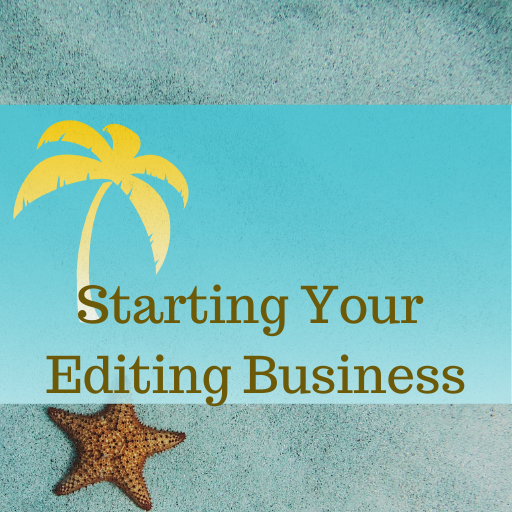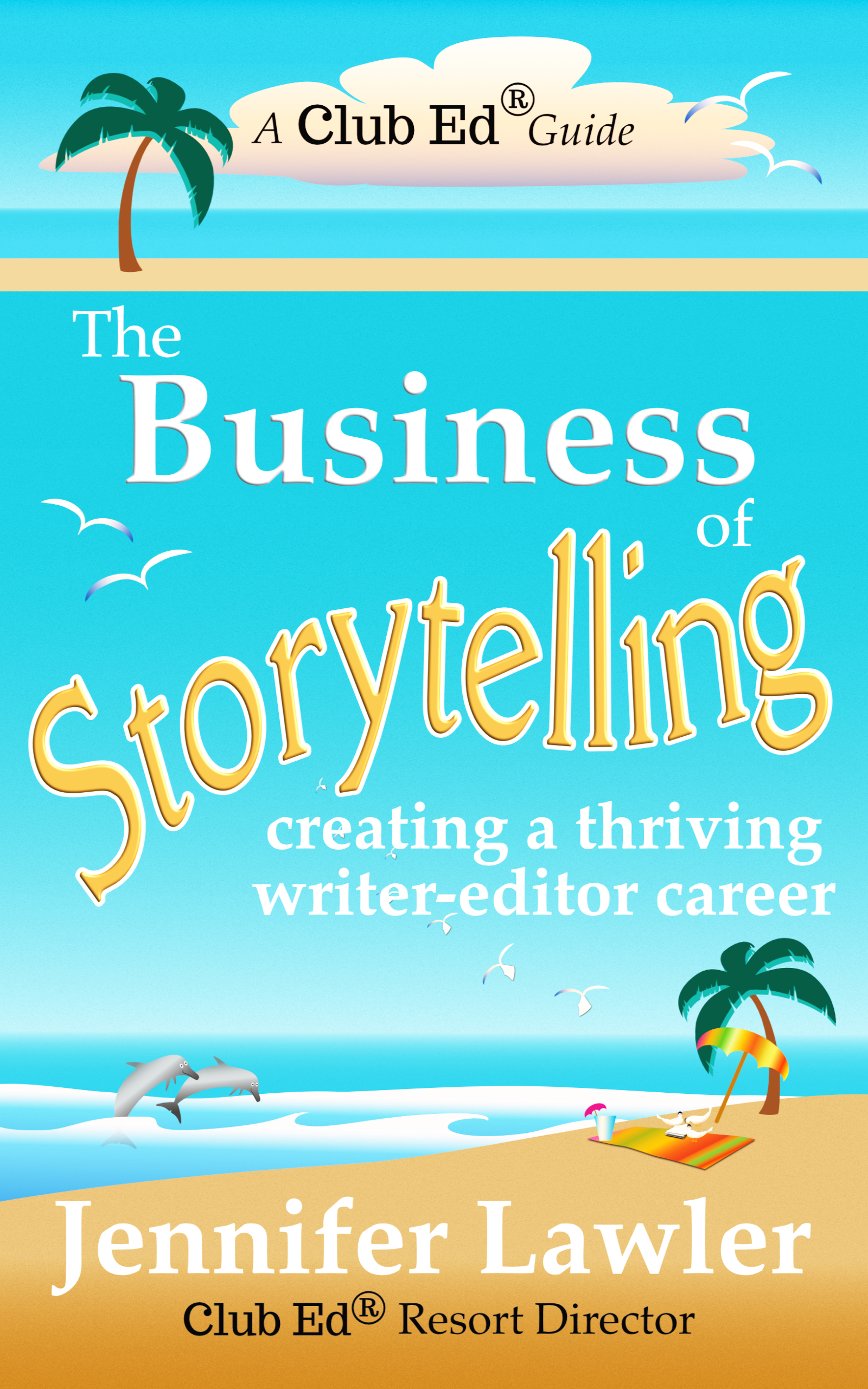Doubting Your Work vs Doubting Yourself
Newer editors often struggle with imposter syndrome, which is the feeling that they’re not really good at their work and pretty soon everyone will see right through them and point their fingers and laugh.
I’ve struggled with this (imposter syndrome, not pointing fingers and laughing) off-and-on throughout my career, as do most people who want to do good work. If you don’t really care, then you’re probably not going to suffer from imposter syndrome.
Don’t Let Doubts Stop You
When you’re starting a freelance business, it’s important not to let imposter syndrome and other doubts stop you.
I’ve talked about ways I’ve dealt with imposter syndrome here, but I wanted to talk a little about the difference between doubting your work and doubting yourself, as I think doubting yourself is actually the most damaging thing you can do.
If you doubt your work – “I could have explained myself more clearly, I shouldn’t have missed that typo, now I know what’s going wrong with Chapter 5 but the edit has already been submitted” – that’s one thing. You can learn specific lessons from this. Do you need to have templates for explanations? A checklist to help you avoid overlooking a step? A schedule that includes several days for reflection before the edit is submitted? (I do all of these things now, though I didn’t in the beginning).
Doubting your work can actually be a helpful spur to stay at the top of your game. It may spark you to connect with colleagues, to take more classes, to explore the world more fully. All of that is fantastic! It can make your career even better and more rewarding.
But doubting yourself – “I’ll never figure this out, I’m not smart enough to do this work, why did I ever think I could be an editor?” – that’s deadly. That’s defeating and disempowering. That’s what makes talented people give up.
If you’re doubting yourself more than you’re doubting your work, try to shift your framework:
- “I’m struggling to figure this out now but I will eventually understand. I can ask for help.”
- “Right now, I feel like I’m not smart, but of course that’s not true. Look at all the smart things I’ve done: [customize this list: graduated from college, aced an important test, dumped that loser Joey].
- “Why did I ever think I could be an editor? I thought it because I’m good with words, I love stories, and I like the flexibility of working for myself. And all of that is still true.”
Doubting your work can help you do better work. Doubting yourself can torpedo your career. Create a good attitude about yourself and imposter syndrome may stop by for a visit now and again but it will never come to stay.
Join the Club!
New to story editing? Begin at the beginning.





